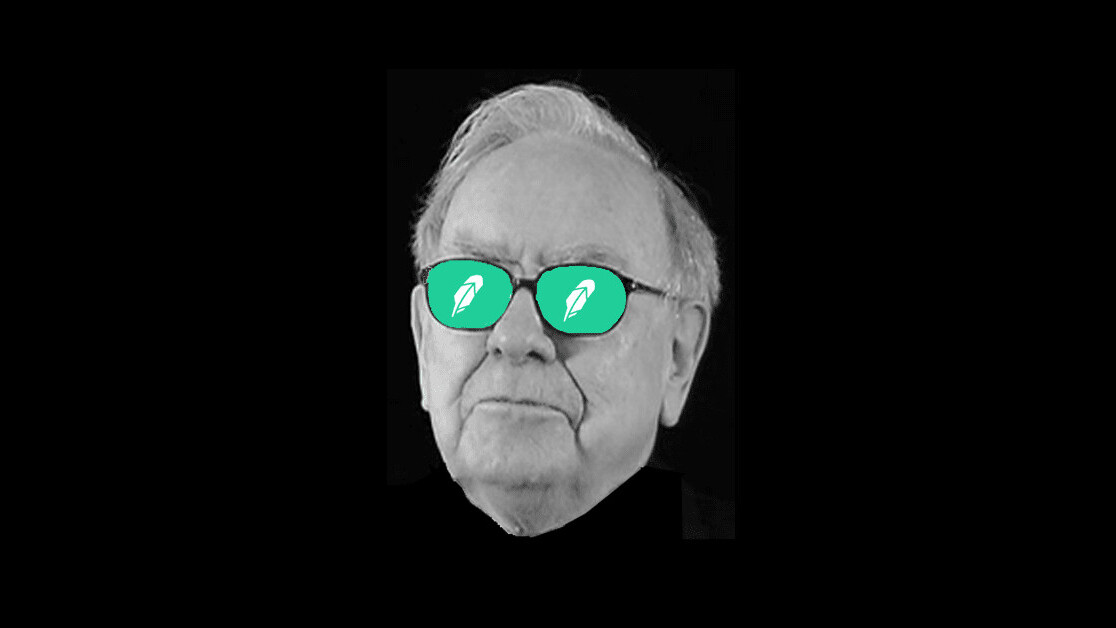
Robinhood has been making headline after headline on financial media lately. Following the coronavirus market meltdown, the millennial-focused trading app has seen a surge in new users and trades. And they seem to behave completely different from seasoned and institutional investors.
Their creed? Buy the deepest dips! The hardest hit companies — especially those in the travel industry — have seen the highest increase in interest (or unique holdings among Robinhood users), according to Robintrack data. This is spanning from airlines, to cruise liners and entertainment parks (i.e. Disney), and now even bankrupt car rental company Hertz.
Now, none of these companies have fully recovered yet, as opposed to companies in other sectors like technology and healthcare. But they did jump off of their lows somewhat, translating in a potentially larger profit when bought at their bottom, as they fell harder than companies in these other sectors as well.
Financial media are eager to point out this short-term outperformance by less financially educated retail traders. Yet, one can argue that this comparison is both irrelevant and perhaps even dangerous. Let me explain to you why.
Large-scale investors often aren’t inclined to be invested in small-cap companies
In contrast to small retail investors, large-scale investors or investment firms often don’t like to be invested in smaller, public companies. To make any impact on their overall fund’s return, they must invest large sums of money in a stock, usually billions of dollars. Sometimes these companies aren’t even worth billions. And if they are, it automatically means they will have to buy a larger stake, larger than 10%.
If you exceed that 10% threshold in ownership, by law it is no longer purely considered for investment purposes. You’re now inclined to be part of a company’s management. Furthermore, larger stakes could lead to other transparency regulations under U.S. securities rules, which are aimed at tracking management’s financial transactions. This might just be one of the reasons Warren Buffett dumped all of his airline holdings.
Large-scale investors have to justify their investment choices
Large-scale investors often either invest for clients or shareholders (like in the case of Berkshire Hathaway). This means they have to justify their portfolios not just to themselves, as is the case for single Robinhood traders. Whereas Robinhood traders can decide for themselves how much risk they want to take on, clients and shareholders of large-scale investment firms prefer steady yearly returns, and tend to have a more long-term horizon.
This also automatically means large-scale investors have to be diversified, to minimize risk. They have to diversify in different types of assets (e.g. equities, bonds, commodities), industries, territories, and risk factors like value, growth, dividend, and quality. So they can’t be as speculative and as singular as retail traders only risking their own money. An all or nothing strategy, according to Robintrack data pervasive among Robinhood users, simply isn’t an option.
Large-scale investors know more
Robinhood users are lured into the trading app with a cheap, free stock, which they also get for referring friends. This emphasizes the focus on stock picking as opposed to the less risky way of investing using ETFs and other index funds (baskets of a wide range of stocks).
Sure, Robinhood users can create their own diversified portfolios of stocks, but this requires a lot of education, and continuous research, thus time. Large-scale investors know how markets and market cycles work, how to value companies, and have access to vastly more research and (alternative) data to base their decisions on.
It’s giving new retail investors false confidence
In conclusion, short-term comparisons between Robinhood traders and large-scale investors can give both current and a lot of new retail investors the idea that you don’t need to be a financial expert to start stock picking. It incentivizes a lot of unnecessary risk.
Get the TNW newsletter
Get the most important tech news in your inbox each week.





